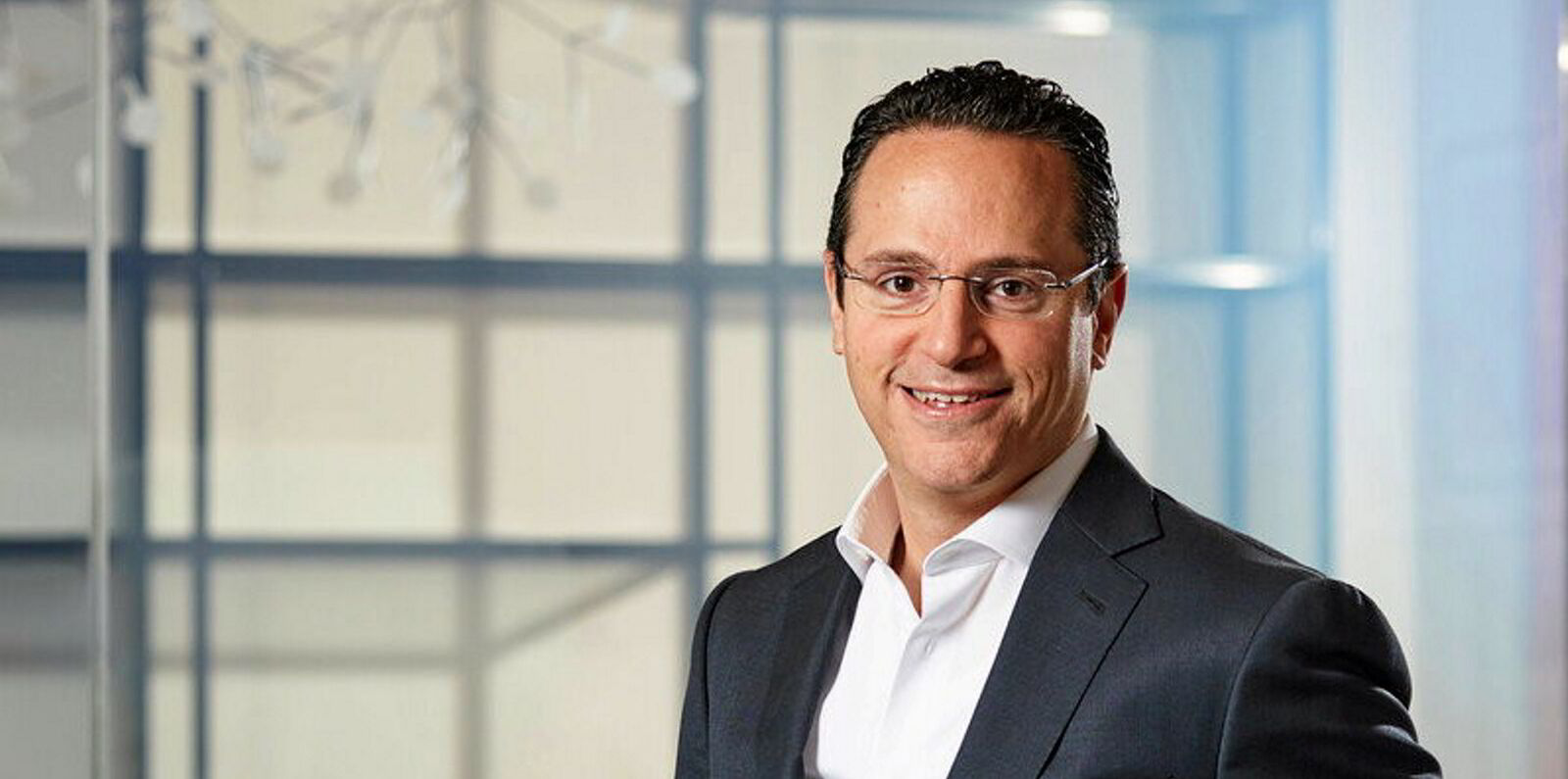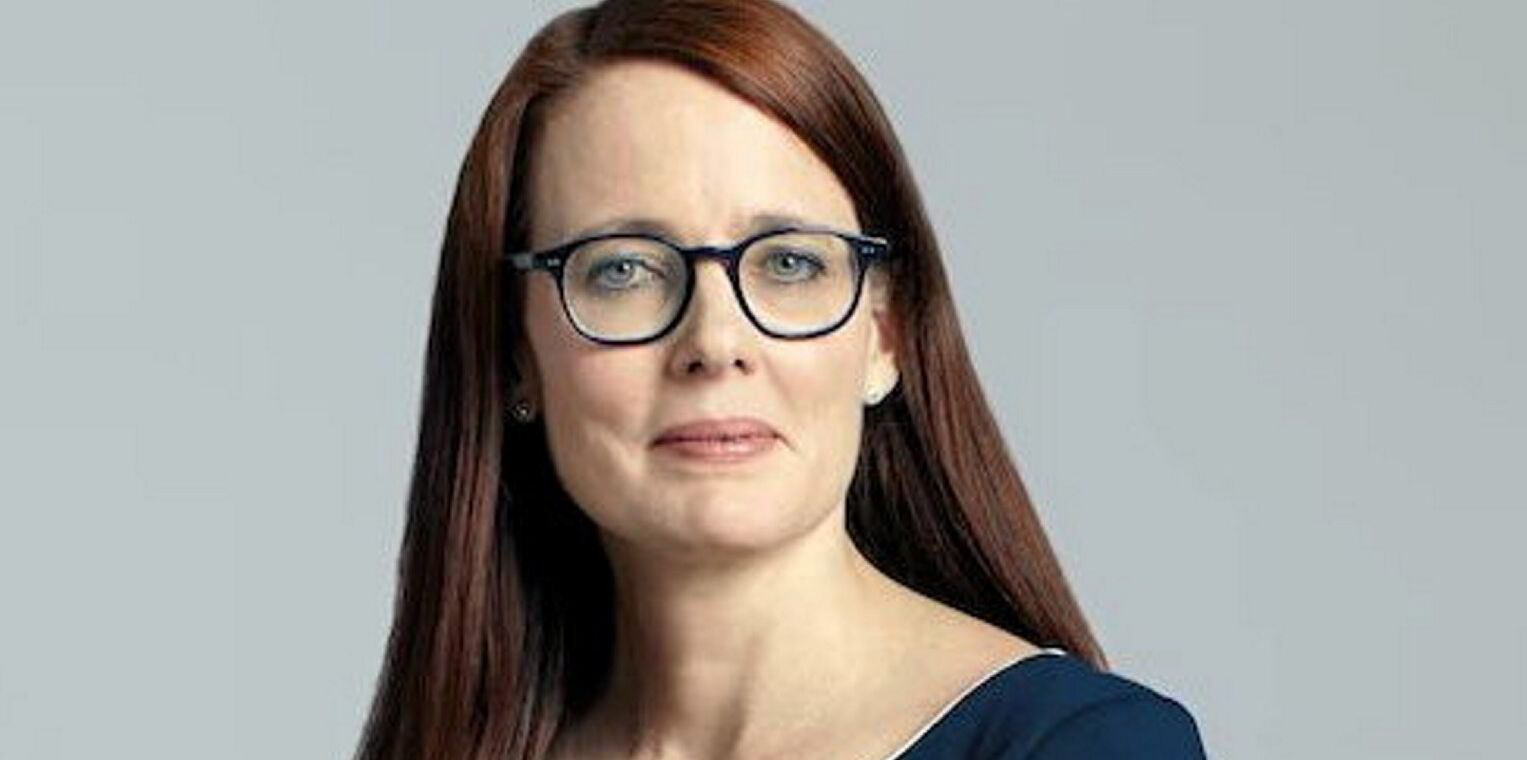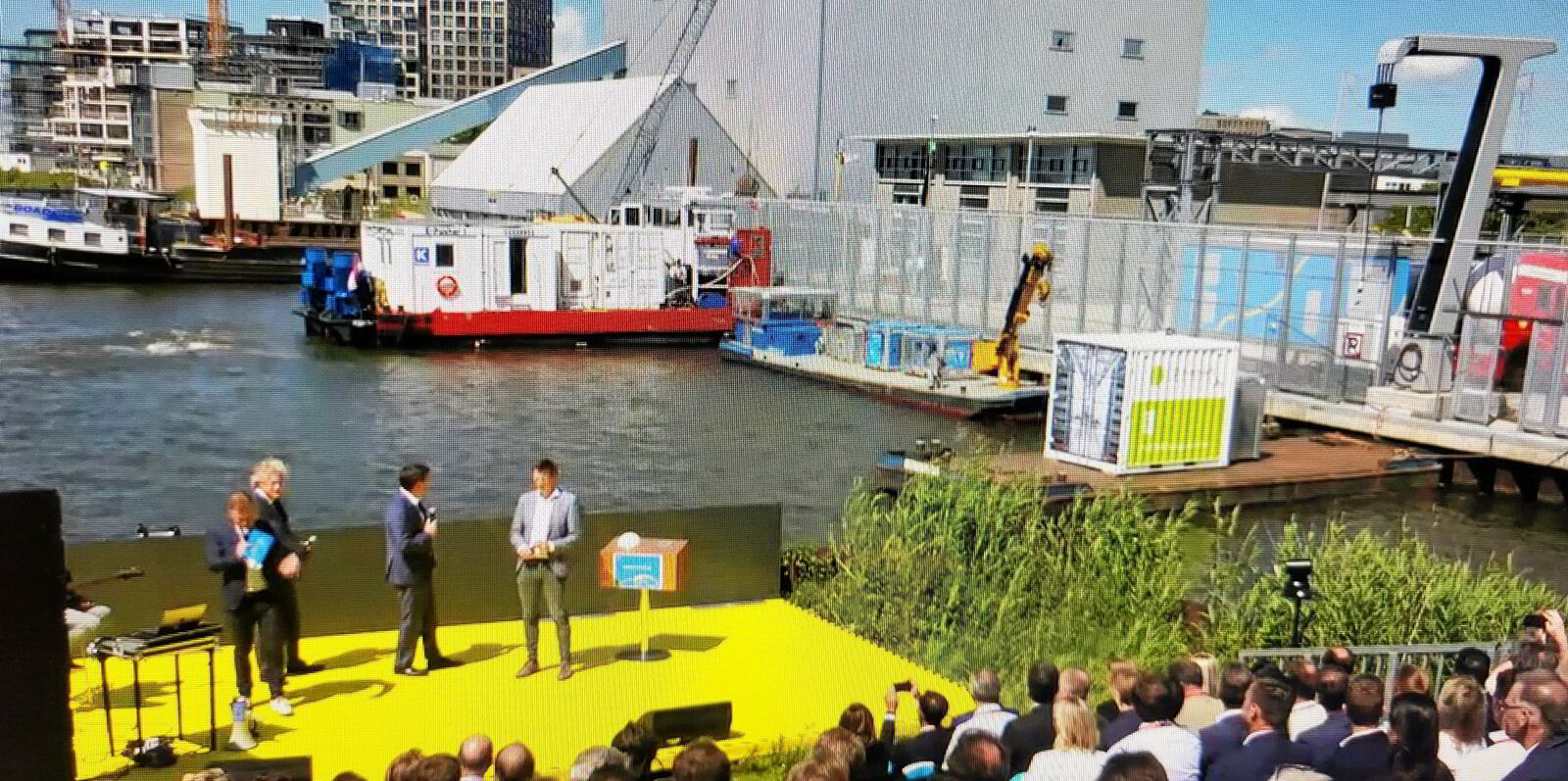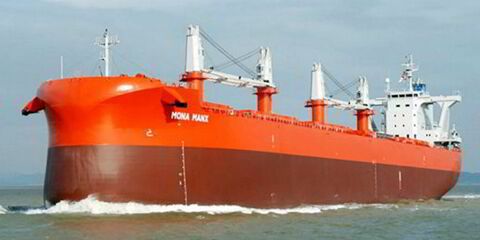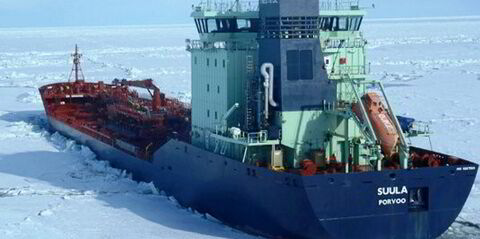Energy major Shell is upbeat on the prospects for LNG and is slowly growing its portfolio.
Answering analysts’ question in a second-quarter results briefing, chief executive Wael Sawan said he does not have the luxury of looking at the next three to four years for sectors and instead approaches it from the perspective of whether the energy sector is “very interesting” for the company to play in.
“With a 50% growth trajectory between now and 2040 and with this being really the only serious, credible solution that gives you both energy security as well as decarbonising the energy system in the particular sector in which it works, I continue to be very bullish about the role of LNG,” Sawan said.
He stressed that the sector will go through cycles but said these are good for Shell because the company can pick up well-priced supply in the lows and sell to its customers in the highs.
Sawan dubbed Shell as the “leading LNG player in the world”.
“This is a very strong business,” he said, describing how the company is able to lock in long-term agreements while still having some exposure to the spot market.
“I do think this is one for us where we can create opportunities where many others can’t and that plays I think into why we were successful with the Pavilion Energy deal.”
In June, Shell emerged as the selected bidder for Singapore’s Pavilion Energy from the city state’s sovereign wealth fund, Temasek Holdings.
Shell chief financial officer Sinead Gorman told analysts that Pavilion will add 6.4 million tonnes per annum of additional LNG supply to help deliver against the company’s planned 15% to 25% growth targets.
She described the buy as an “attractive acquisition” for Shell.
But she also highlighted the major’s freshly acquired stake in Adnoc’s upcoming Ruwais LNG liquefaction plant that will add on another 1 mtpa of LNG supply.
She said the major will add 2 mtpa of LNG to its portfolio between now and 2025.
Gorman said the market is seeing LNG prices “normalising” to levels seen pre-Russia’s war on Ukraine in early 2022, along with less seasonality and volatility, so less trading optimisation.
Sawan said biofuels including bio-LNG is one of the areas where it sees it can create opportunities.
He also sees carbon capture and storage as another and a key way of advancing the company’s own decarbonisation.
The CEO said he is a firm believer in the future of biogas and biofuels.
He thinks biogas will have a “massive role” to play moving forward, and in particular biogas into bioLNG, which he said Shell sees as the most expedient and affordable way to decarbonise sectors like marine and trucking sectors.
Sawan said Shell is focused on building a lean, very agile strong organisation that can deliver operationally, continue to reduce costs and exercise capital discipline while enhancing its portfolio.
He said the biggest thing he is focused on is the culture change within Shell. “This has to be a new way of life,” he said, adding that he is starting to see green shoots.
